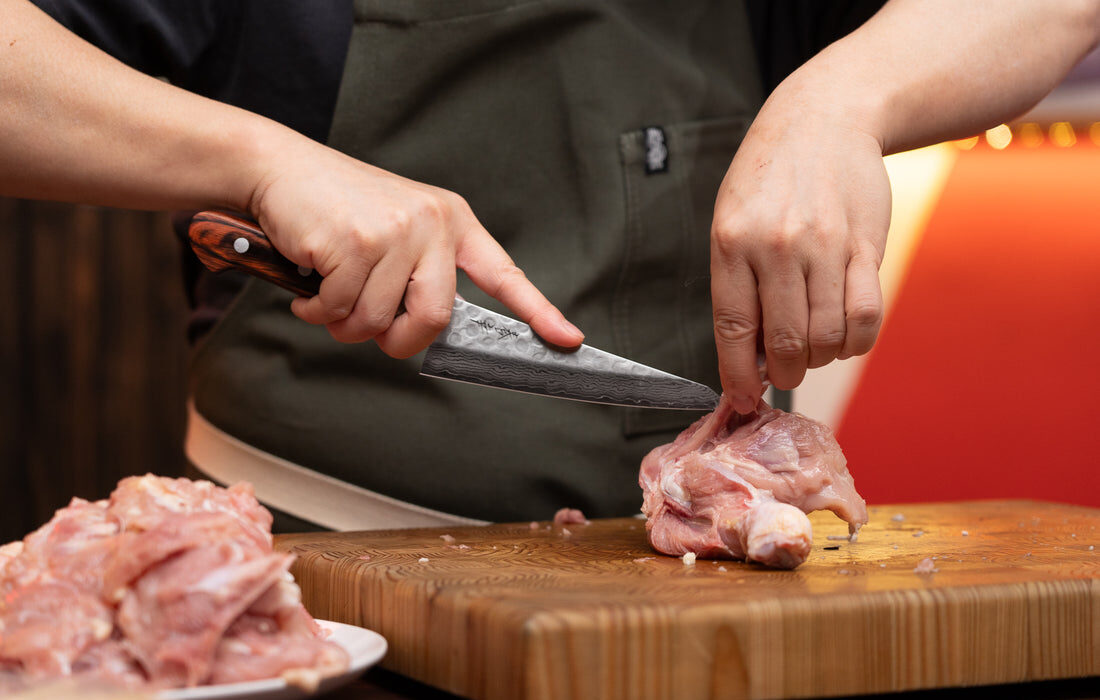Traveling with your prized German knives can be an enriching experience, especially for culinary enthusiasts and professionals. However, it requires careful consideration and planning to ensure safety and compliance with travel regulations. Whether you’re a professional chef or a home cook, understanding how to travel with German knives is crucial. In this guide, we’ll explore the necessary steps to travel safely and legally with your German knives.

Understanding Regulations and Policies
Transportation Security Administration (TSA) Guidelines
The TSA has specific rules for carrying sharp objects on airplanes. According to their guidelines, knives are not allowed in carry-on luggage. Instead, they should be packed in checked baggage. Be sure to check the latest TSA guidelines before your trip to stay updated on any changes.
International Travel Considerations
When traveling internationally, it’s essential to research and abide by the knife laws of the destination country. Some countries have strict regulations on importing knives, and failure to comply could result in fines or confiscation of your knives.
Packing Your German Knives Safely
Using a Knife Roll or Case
A knife roll or case is the best way to protect your German knives during travel. These specially designed carriers provide individual slots for each knife, reducing the risk of damage and injuries. They also make it easier to organize and access your knives when needed.
Securing the Knives Properly
Ensure that each knife is securely fastened in its designated slot. If using a case, double-check that all zippers and clasps are tightly closed. This precaution prevents any movement that might cause the knives to slip out during transit.
Choosing the Right Knives for Travel
Essential Knives to Pack
While it might be tempting to bring your entire collection, it’s best to travel with only essential knives. Consider packing a chef’s knife, a paring knife, and a serrated knife, as these can handle most culinary tasks.
Considering Knife Size and Weight
Keep in mind the weight and size of your knives when packing. Heavier or larger knives may require additional padding or support to prevent damage during travel.
Maintaining Knife Sharpness While Traveling
Protecting the Blade
Use blade guards or sheaths to protect the edges of your knives. This not only keeps the blades sharp but also minimizes the risk of injury when handling them.
Sharpening Tools to Bring
If you plan to use your knives frequently during your travels, consider bringing a portable sharpening tool. A sharpening stone or a handheld sharpener can help maintain the sharpness of your knives on the go.
Handling Knives Safely During Your Trip
Setting Up a Safe Workspace
When using your German knives at your destination, find a stable surface to work on. Ensure that the area is well-lit and free of obstacles to prevent accidents.
Practicing Knife Safety
Always handle your knives with care. Keep your fingers clear of the blade, and use proper cutting techniques to avoid injuries.
Caring for Your Knives After Travel
Cleaning and Storing Knives
After returning from your trip, clean your knives thoroughly and inspect them for any damage. Store them in a dry place to prevent rust and corrosion.
Assessing Knife Condition
Check the sharpness and overall condition of your knives. If necessary, have them professionally sharpened or serviced to restore their performance.

FAQs
Can I carry German knives in my carry-on baggage?
No, the TSA prohibits knives in carry-on luggage. They must be packed in checked baggage.
What should I do if my knives are confiscated?
Contact the local authorities or the airline for instructions on retrieving your knives.
Are there any knife-friendly destinations?
Some countries have more lenient knife laws. Research your destination’s regulations before traveling.
For more information on knife regulations, check out this external resource. Additionally, you can explore German knife sets for beginners or learn about the history of Zwilling knives for more insights.
This article contains affiliate links. We may earn a commission at no extra cost to you.


